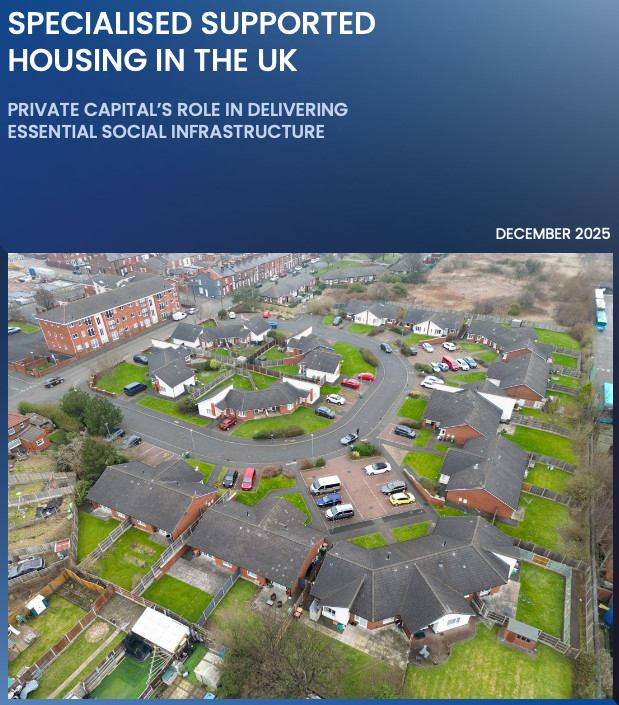
Lauder Teacher launched its new report, Specialised Supported Housing in the UK: Private capital’s role in delivering essential social infrastructure, on Tuesday, 2nd December. Prepared by the Lauder Teacher research team, it represents the first ever thorough, end-to-end analysis of the UK Specialised Supported Housing sector from a capital markets perspective.

On Lauder Teacher’s recent Louder Teach In, Jamie Ratcliff, co founder of Place Base and deputy chair of The Housing Forum, offered a sharp, market rooted take on what the Budget does, and does not, mean for housing supply, affordability, and investment.

Last month, Lauder Teacher hosted the latest session in our Think-In series, focusing on purpose-built student accommodation (PBSA) in Ireland. We were joined by John Jacobs, Global Head of Capital Markets at Global Student Accommodation (GSA), and Aaron Bailey, GSA’s Head of Real Estate.

The UK government’s proposed ban on upward-only rent reviews misunderstands today’s leasing landscape. Lease lengths have already shortened, flexibility is embedded, and market practices have evolved far beyond rigid clauses. Rather than legislating away a declining mechanism, policymakers should focus on the real issues facing the High Street—business rates, planning inertia, and economic revitalisation. Reform should follow evidence, not sentiment.

The recent Dublin City Taskforce report, published at the end of October, recommended how multiple state and semi-state agencies can collaborate to effect a strategic overhaul of Dublin’s city centre. The role of private developers, investment funds, and institutions is equally important, and perhaps even more so, but for these to be enabled, state actors must evolve and facilitate quicker decision-making.

A number of government policy moves, regardless of how well-intentioned, have created further problems that could hamper accommodation supply.

The first few months of the new Labour government have been reassuring for the property industry, and indeed the house buyer, with major planning reforms on the way, and a streamlining of efforts to re-develop brownfield land. Most notably, the new Chancellor ruled out the possibility of rent controls in her first week in office.

Planning regulations already mean building must be environmentally friendly, but a commercial industry has developed to capitalise on the need to be seen to be green.